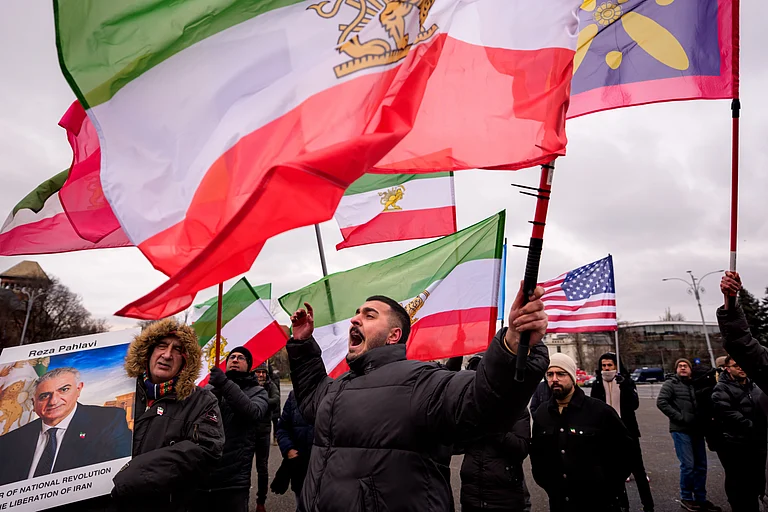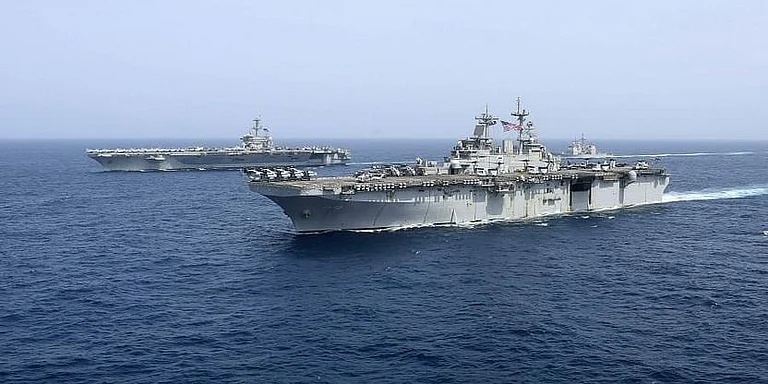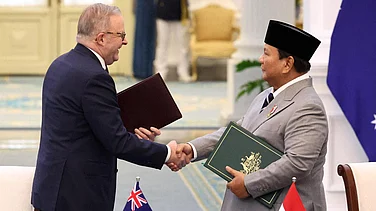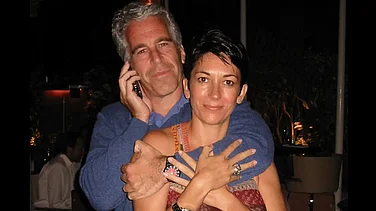Thousands of mourners gathered in Qatar for the funeral of Hamas' political chief, Ismail Haniyeh, killed in an alleged Israeli attack. The ceremony in Doha was attended by Hamas and Islamic Jihad members, as well as Qatari and Iranian officials.
Meanwhile across the Muslim world — from Jordan and Morocco to Yemen and Somalia — angry crowds waving Palestinian flags rushed out of mosques after midday Friday prayers, calling for revenge.
“Let Friday be a day of rage to denounce the assassination,” said Izzat al-Risheq, a senior Hamas official. Haniyeh had lived in Qatar, along with other senior members of Hamas's political leadership.
Also Read:
Back-To-Back Assassinations
Following the back-to-back assassinations of Haniyeh in Tehran early on Wednesday and top Hezbollah commander Fuad Shukr in Beirut the evening before, international diplomats have scrambled to head off a full-fledged regional war. Iran and its regional proxies vowed to retaliate. Major airlines cancelled flights to Tel Aviv, Israel and Beirut, Lebanon.
France on Friday beefed up security for Jewish communities nationwide. Poland warned its citizens against travelling to the Mideast. Pakistan and Turkey lowered their flags to half-staff, prompting Israel to summon Turkey's deputy ambassador for a “stern reprimand”.
Turkey's foreign ministry spokesperson Oncu Keceli shot back that Israel “cannot achieve peace by killing the negotiators” — a reference to Haniyeh's role in the cease-fire talks — as hundreds of Turks gathered at the historic Hagia Sophia to pay tribute to the slain Hamas leader as his funeral service got underway in Doha.
Israel has not confirmed or denied its role in the targeted killing of Haniyeh. On Thursday, Israel announced that it killed the shadowy leader of Hamas' military wing, Mohammed Deif, in a July airstrike.
Hamas had previously claimed Deif survived last month's targeted airstrike in the besieged Gaza Strip, where the deadly pattern of Israeli airstrikes and skirmishes continued this week, with 15 Palestinians killed when a Gaza City school was hit on Thursday. At least 39,480 Palestinians have been killed in Gaza in the nearly 10 months.
Israel Hezbollah ‘New Phase’ War
Tensions were also running high on Israel's northern border days after Israel claimed responsibility for killing Shukr, the Hezbollah commander.
On Friday, Hezbollah claimed a series of rocket and artillery attacks on Israel, causing a fire but no casualties in an evacuated Israeli town. Israel claimed its warplanes struck two Hezbollah militants in southern Lebanon who it said had fired the volley of rockets.
The exchange was more of the same tit-for-tat that have flared along the Lebanese-Israeli border throughout the Israel-Hamas war. But Israelis and Lebanese were bracing for more after Hezbollah leader Hassan Nasrallah on Thursday declared that the Shukr's assassination in the southern suburbs of Beirut had pushed the war into a “new phase".
US To Boost Military Presence In Middle East
Across the region, vows by Iran's supreme leader, Ayatollah Ali Khamenei, that Israel would pay the price for killing Haniyeh on Iranian soil quickly led to calls for intense diplomacy to prevent further escalation.
Tor Wennesland, the UN special coordinator for the Mideast peace process, said he was racing to work with Lebanon, Qatar, Egypt and other powers to “prevent a spillover of the conflict.”
Israeli Defence Minister Yoav Gallant said he spoke with his American counterpart, US Defence Secretary Lloyd Austin. “The unprecedented security cooperation between Israel and the United States against Iran and its proxies is critical," Gallant said.
The US Defense Department will move a fighter jet squadron to the Middle East and maintain an aircraft carrier in the region, the Pentagon said as President Joe Biden made good on his promise to beef up the American military presence to help defend Israel from possible attacks by Iran and its proxies and safeguard US troops.
In a statement, the department said Austin also ordered additional ballistic missile defence-capable cruisers and destroyers to the European and Middle East regions and is taking steps to send more land-based ballistic missile defence weapons there.
(With AP Inputs)


























